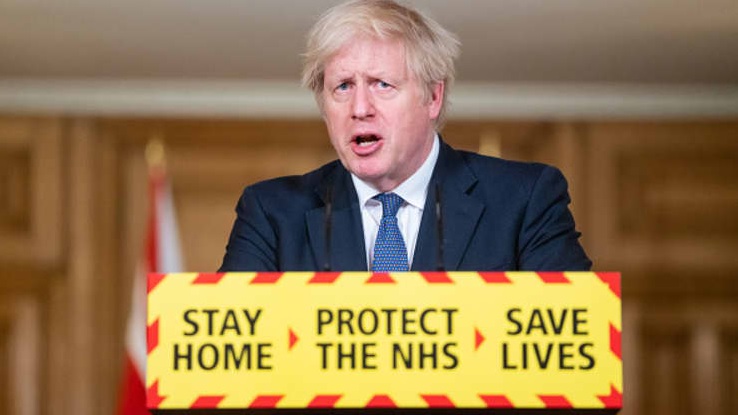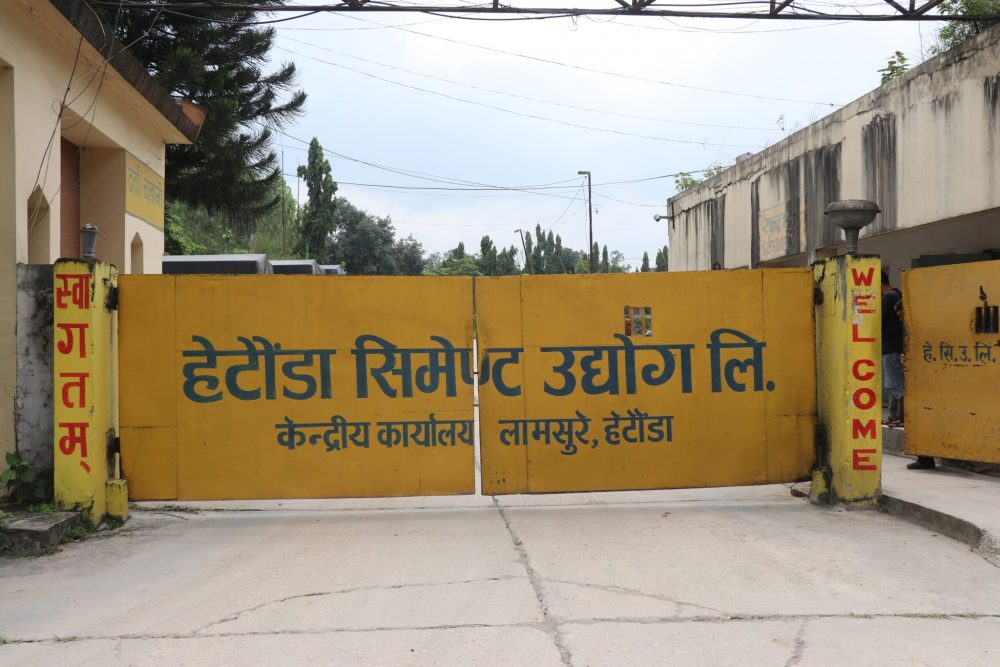New data paints the UK Corona variant as a possibly bigger killer
The ongoing mutations are making Corona worse
 NepalPress
NepalPress

LONDON: There is some evidence that a new coronavirus variant first identified in southeast England carries a higher risk of death than the original strain. The British government’s Chief Scientific Adviser said on Friday — though he stressed that the proof is not clinching.
Patrick Vallance told a news conference that “there is evidence that there is an increased risk for those who have the new variant.”
He said that for a man in his 60s with the original version of the virus, “the average risk is that for 1,000 people who got infected, roughly 10 would be expected to unfortunately die.”
“With the new variant, for 1,000 people infected, roughly 13 or 14 people might be expected to die,” he said.
But Vallance stressed that “the evidence is not yet strong” and more research is needed.
In contrast to that uncertainty, he said, there is growing confidence that the variant is more infectious than the original coronavirus strain. He said it appears to be between 30% and 70% more transmissible.
Maria Van Kerkhove, the World Health Organization’s technical lead on COVID-19, said studies were underway to look at the transmission and severity of new virus variants.
She said so far “they haven’t seen an increase in severity” but that more transmission could lead to “an overburdened health care system” and thus more deaths.
The evidence for the new variant being more deadly is in a paper prepared by scientists that advise the government on new respiratory viruses, based on several studies.
The British scientists said that although initial analyses suggested that the strain, first identified in September, did not cause more severe disease, several more recent ones suggest it might. However, the numbers of deaths are relatively small, and case fatality rates are affected by many things including the care patients get and their age and health beyond having COVID-19.
The British scientists stress that the information so far has major limitations, and that they do not know how representative the cases included in the analyses are of what’s happening throughout the country or elsewhere.
Conflicting Studies
One analysis did not find an increased risk of death among people admitted to a hospital with the new strain. In another, the odds of being admitted to a hospital with the new strain compared to the previously dominant one were no different.
There is a lag in reporting hospitalizations after infection, and a further lag from infection to death, so officials expect to learn more in several weeks.
Paul Hunter, Professor in Medicine at the University of East Anglia, said “there is quite a bit of difference in the estimated increased risk of death between the different analyses, though most, but not all, show increased risk of death,” he said.
Ian Jones, professor of Virology at the University of Reading, said “the data is limited and the conclusions preliminary. However, an increased case fatality rate is certainly possible with a virus that has upped its game in transmission.”
British officials say they are confident that the vaccines that have been authorized for use against COVID-19 will be effective against the new strain identified in the country.
But Vallance said scientists are concerned that variants identified in Brazil and South Africa could be more resistant to vaccines, adding that more research needs to be done.
Concerns about newly identified variants have triggered a spate of new travel restrictions around the world. Many countries have closed their borders to travelers from Britain, and the U.K. has halted flights from Brazil and South Africa.
Prime Minister Boris Johnson says there could be further restrictions
“We may need to go further to protect our borders,” he said.
Britain has recorded 95,981 deaths among people who tested positive for the coronavirus, the highest confirmed total in Europe.
The U.K. is currently in a lockdown in an attempt to slow the latest surge of the coronavirus outbreak. Pubs, restaurants, entertainment venues and many shops are closed, and people are required to stay mainly at home.
The number of new infections has begun to fall. Still, deaths remain agonizingly high, averaging more than 1,000 a day, and the number of hospitalized patients is 80% higher than at the first peak of the pandemic in the spring.
Johnson, who has often been accused of giving overly optimistic predictions about relaxing coronavirus restrictions, sounded gloomy.
“We will have to live with coronavirus in one way or another for a long while to come,” he said, adding that “it’s an open question” when measures could be eased.
“At this stage you’ve got to be very, very cautious indeed,” he said.
Vallance agreed.
“I don’t think this virus is going anywhere,” he said. “It’s going to be around, probably, forever.”














